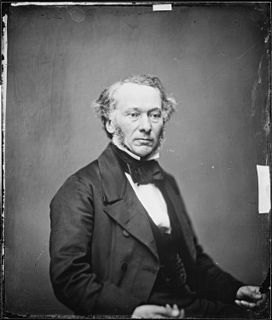A Quote by Dalai Lama
We need to employ a secular approach to ethics, secular in the Indian sense of respecting all religious traditions and even the views of non-believers in an unbiased way. Secular ethics rooted in scientific findings, common experience and common sense can easily be introduced into the secular education system. If we can do that there is a real prospect of making this 21st century an era of peace and compassion.
Quote Topics
Approach
Believers
Century
Common
Common Experience
Common Sense
Compassion
Easily
Education
Education System
Employ
Era
Ethics
Even
Experience
Findings
Indian
Introduced
Making
Need
Peace
Prospect
Real
Religious
Religious Traditions
Respecting
Rooted
Scientific
Secular
Sense
System
Traditions
Unbiased
Views
Way
Related Quotes
In contemporary society secular humanism has been singled out by critics and proponents alike as a position sharply distinguishable from any religious formulation. Religious fundamentalists in the United States have waged a campaign against secular humanism, claiming that it is a rival "religion" and seeking to root it out from American public life. Secular humanism is avowedly non-religious. It is a eupraxsophy (good practical wisdom), which draws its basic principles and ethical values from science, ethics, and philosophy.
You have to be closer to religious origins -- the generation of the 20's was truly secular in that it still knew its theology and its varieties of religious experience. We are post-secular, inventing new faiths, without any sense of organizing truths. The truths we accept are so multiple that honesty becomes little more than a strategy by which you manage your tendencies toward duplicity.
The bloody years of war and all the atrocities in European history have taught the Europeans that secular politics free of religious hatred is mainly a question of peace. This concept is not anchored in the same way in the consciousness of Turks, which has to do with the fact that the secular was forced upon us by the army.
America's founding fathers did not intend to take religion out of education. Many of the nation's greatest universities were founded by evangelists and religious leaders; but many of these have lost the founders concept and become secular institutions. Because of this attitude, secular education is stumbling and floundering.
I'm not against religion in the sense that I feel I can't tolerate it, but I think written into the rubric of religion is the certainty of its own truth. And since there are 6,000 religions currently on the face of the earth, they can't all be right. And only the secular spirit can guarantee those freedoms and it's the secular spirit that they contest.
We need to find secular ways to cultivate warm-heartedness. We need secular ways to educate ourselves about inner values. The source of a happy life is within us. Trouble makers in many parts of the world are often quite well educated, so it is not just education that we need. We need to pay attention to inner values.
The secular utopians basically said the exact same thing, they just took the Bible out of the equation. The religious and the secular groups recognized each other as fellow travellers. They exchanged newsletters and asked each other questions like, "What's a good soup pot to use if you're making dinner for 800 people?" They had these practical connections.






































